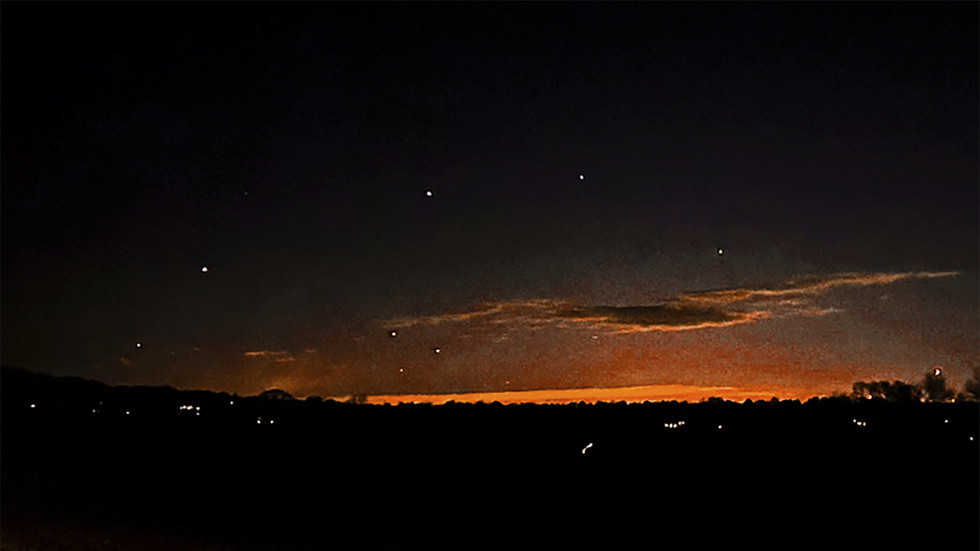BEIJING: When the news broke that Ye, the rapper formerly known as Kanye West, would be performing in China on Sunday, the elation of many of his fans was mixed with another emotion: confusion. Why would the notoriously prickly Chinese govt let in the notoriously provocative Ye? Why was the listening party, as Ye calls his shows, taking place not in Beijing or Shanghai, but in Hainan, an obscure island province? Under a trending hashtag on Weibo on the subject, one popular comment read simply, "How?" alongside an exploding-head emoji.
The answer may lie in China's struggling economy.
Since China reopened its borders after three years of Covid lockdowns, the govt has been trying to stimulate
consumer spending
and promote tourism. Even before the pandemic, the number of big-name foreign entertainers visiting China had been falling as authorities tightened controls on speech. Acts such as Bon Jovi and Maroon 5 had shows abruptly cancelled, leading to speculation that band members' expressions of support for causes like Tibetan independence were to blame. Justin Bieber was barred from China in 2017 over what the Beijing city govt, without specifying, called "bad behaviour."
Ye might have seemed like a no-go, too. Chinese authorities declared war on hip-hop in 2018, with the state media saying that artists who insulted women and promoted drug use "don't deserve a stage." But in Ye's case, objections to hip-hop may have been outweighed by the potential payoff - especially for Hainan.
For years, the govt has sought to turn Hainan, an island roughly the size of Maryland or Belgium, into an international commercial hub. It offers visa-free entry and duty-free shopping, and has pledged to attract more world-class cultural events. Sheng Zou, a media scholar, said enforcement of censorship was capricious. "When it comes to Ye, I guess his celebrity status may outweigh his identity as a hip-hop artist."

 3 months ago
18
3 months ago
18









